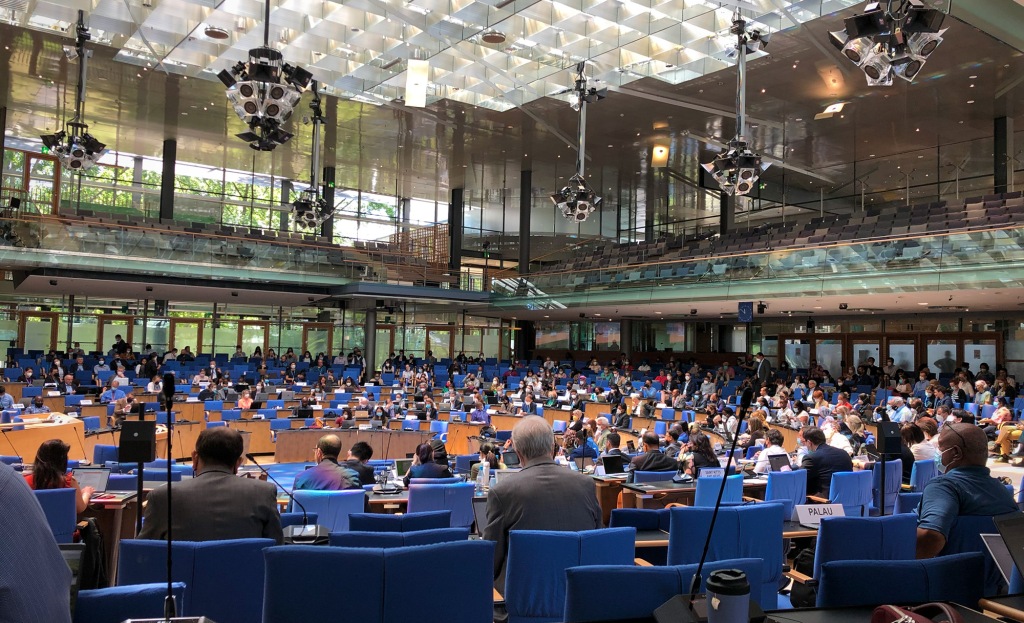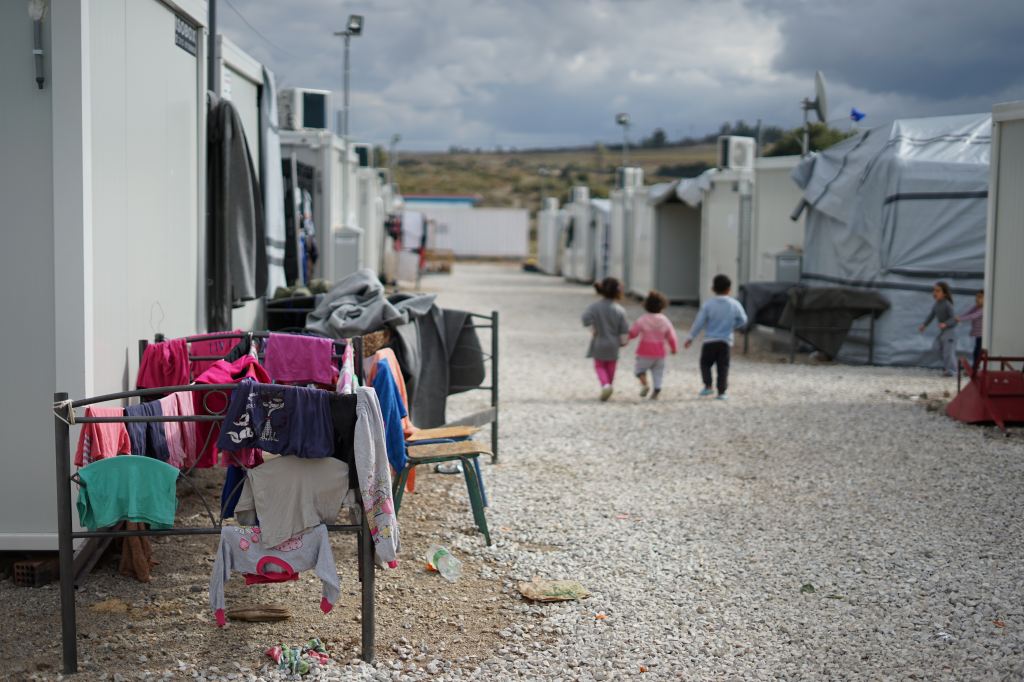-
Blueprint for data systems integration—tracking high-value co-benefits
The Integrated Data Systems Initiative is a five-year innovation sprint, organized by the Good Food Finance Network (GFFN) and recognized by the 2023 Agriculture Innovation Mission (AIM) for Climate Summit. The GFFN ‘Blueprint for Good Food Finance Data Systems Integration’ marks the culmination of Year 1 of that sprint. When we examine the landscape of…
-
Climate disruption threatens food systems, global stability
Climate disruption and nature loss are putting food systems at risk. To avoid the destabilizing effects of pervasive food insecurity, urgent action is needed to improve food-related finance, and how we measure success. We are far behind where we need to be, to experience sustainable human development in harmony with nature, and costs are expanding,…
-
Cooperative innovation in energy, food, finance & trade can halt climate breakdown
Ahead of the Spring Meetings of the World Bank and International Monetary Fund, CCI is calling for a significant increase in multilateral climate cooperation, in line with Article 6.8 of the Paris Agreement. 32 years have passed since the community of nations formally agreed to “prevent dangerous anthropogenic interference with the climate system”. Since the…
-
Journey to Baku: Earth Diplomacy Leadership for the year ahead
The Earth Diplomacy Leadership Initiative is a series of trainings on intergovernmental policy processes, and related diplomatic strategy, co-convened by Citizens’ Climate International and The Fletcher School at Tufts University. Earth Diplomacy Leadership workshops prepare diplomats and observers, as well as scholars, media, and other stakeholders and decision-makers, for intergovernmental processes that shape humanity’s response…
-
Crop yields threatened by climate change impacts
By Michael Terungwa David, PhD Climate change threatens to undermine food production in Benue state, the food basket of Nigeria. The food we consume depends on a reliable background of natural systems, which bring together nutrients, water, patterns of temperature and precipitation at specific times of year, and numerous ecological factors. All of these factors…
-
Better Future 2040
In 1992, nearly 200 nations agreed to “prevent dangerous anthropogenic interference with the climate system”. In 2015, the 197 Parties to the Climate Convention (the COP) adopted the Paris Agreement, which gave an active role to every nation in shaping a future of successful climate-resilient development and sustainable shared prosperity. Since then, we have seen…
-
Crunch time for a livable climate future
It’s crunch time for our climate future. We are living through a worsening storm of hard impacts, and all of the ways forward are rocky. We are more than 30 years on from the historic global agreement to prevent dangerous human-caused climate change, and global emissions continue to rise. We know that global heating of…
-
Mapping Earth systems value to action
Talanoa: Sharing in truth In 2018, the Fijian Presidency of the UN Climate Change Negotiations convened the Talanoa Dialogue—a global consultation organized around a traditional Pacific story-sharing practice. The Talanoa Dialogue asked three questions, and gave participants the freedom to organize nearly any kind of meeting, and to respond to these questions in the way…
-
How to mainstream climate action everywhere
What is non-market climate cooperation? It’s how groups of countries can make climate value central to their dealings, with benefits across the whole economy. In 1992, nearly 200 nations agreed to work together to “prevent dangerous anthropogenic interference with the climate system”. We are now living with increasingly dangerous and costly impacts of human-caused climate…
agriculture (5) Article 6.8 (4) civics (3) climate (9) climate-change (12) climate breakdown (3) cop28 (10) data (10) diplomacy (3) dispatches (9) environment (9) Finance (3) finance innovation (3) food systems (11) metrics (3) nature (4) nature-restoration (5) news (3) non-market approaches (7) Paris Agreement (5) resilience (9) sustainability (11) trade (3) workshops (5)





